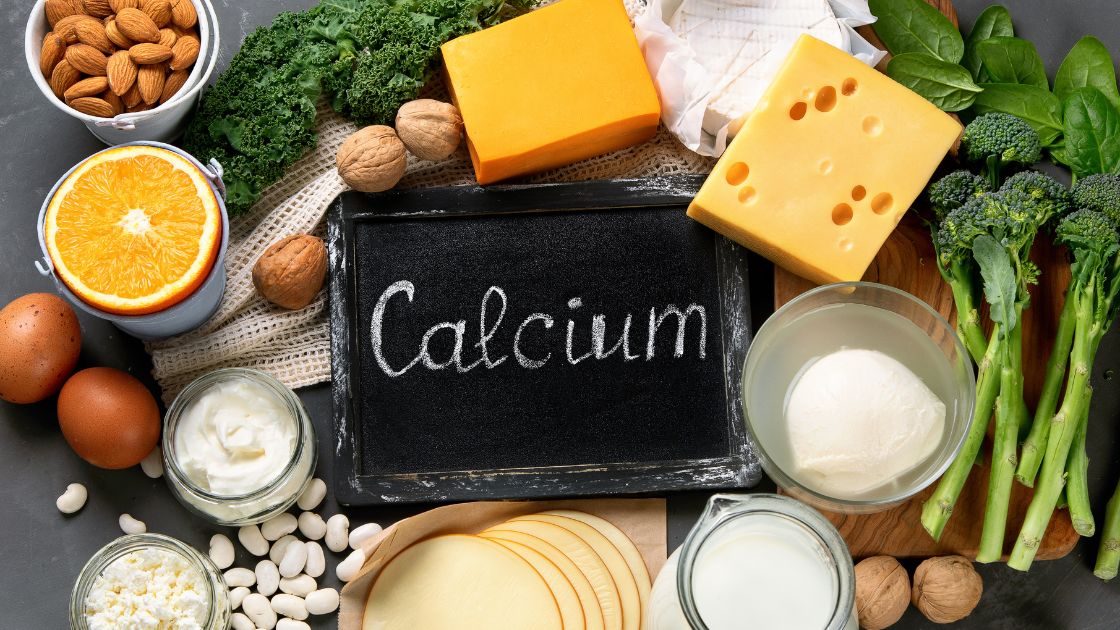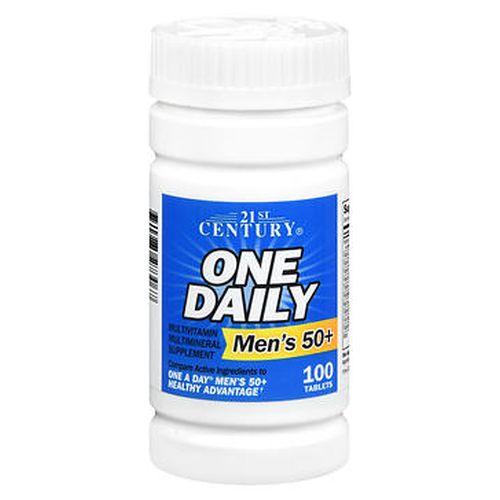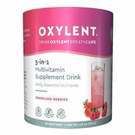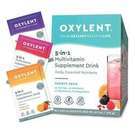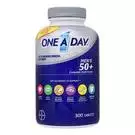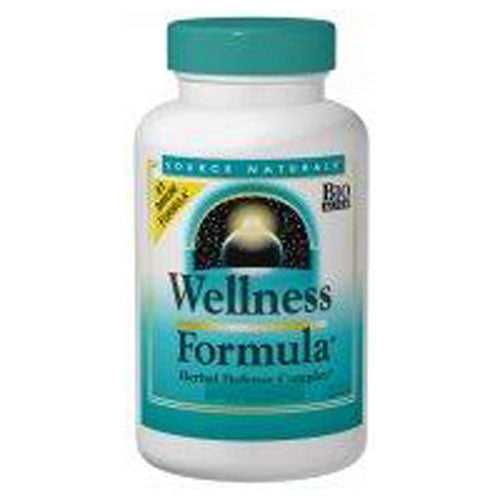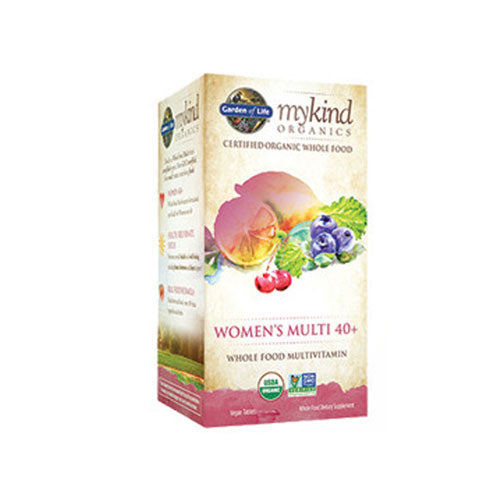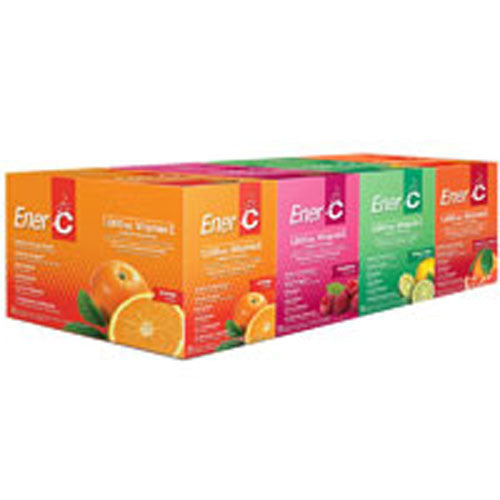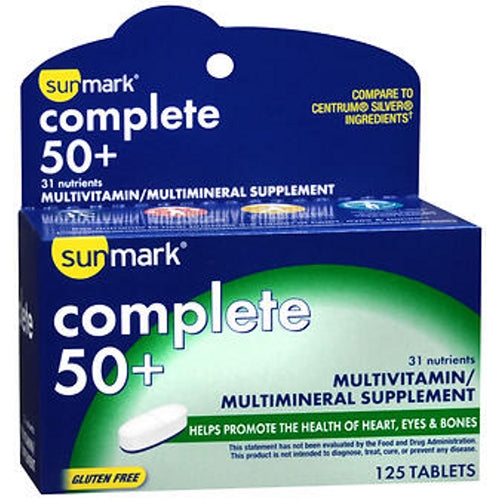MutliVitamin Blog
The immune system is the body’s defense mechanism that protects it from diseases, infections, and harmful substances. A healthy immune system is essential to maintaining overall health and well-being. Vitamins and minerals play a crucial role in the proper functioning of the immune system. In this blog post, we will discuss the importance of getting enough vitamins and minerals for a healthy immune system.
Vitamin C
Vitamin C is a powerful antioxidant that helps protect the body from harmful substances and boosts the immune system. It plays a crucial role in the production of white blood cells, which are responsible for fighting infections. Vitamin C also helps the body produce collagen, which is essential for the health of the skin, bones, and cartilage.
Good sources of vitamin C include citrus fruits, strawberries, kiwi fruit, bell peppers, broccoli, and tomatoes. The recommended daily intake of vitamin C is 75mg for women and 90mg for men.
Vitamin D
Vitamin D is essential for the proper functioning of the immune system. It helps regulate the production of white blood cells and helps the body fight off infections. Vitamin D also helps the body absorb calcium, which is essential for strong bones and teeth.
The primary source of vitamin D is sunlight, but it can also be found in fatty fish, egg yolks, and fortified foods. The recommended daily intake of vitamin D is 600-800 IU.
Zinc
Zinc is a mineral that plays a crucial role in the immune system. It helps the body produce and activate white blood cells, which are responsible for fighting infections. Zinc also helps the body produce antibodies, which are proteins that help the immune system recognize and fight off harmful substances.
Good sources of zinc include oysters, beef, chicken, nuts, and legumes. The recommended daily intake of zinc is 8mg for women and 11mg for men.
Iron
Iron is a mineral that is essential for the proper functioning of the immune system. It helps the body produce hemoglobin, which is the protein in red blood cells that carries oxygen to the body’s tissues. Iron also helps the body produce white blood cells, which are responsible for fighting infections.
Good sources of iron include lean red meat, poultry, fish, beans, and fortified cereals. The recommended daily intake of iron is 18mg for women and 8mg for men.
In conclusion, getting enough vitamins and minerals is essential for a healthy immune system. A well-balanced diet that includes a variety of fruits, vegetables, lean protein, and whole grains can help ensure that you are getting the necessary nutrients. If you are unable to get enough vitamins and minerals through your diet, supplements can be an effective way to ensure that you are meeting your body’s needs. By taking care of your immune system, you can help protect your body from infections and diseases and maintain good health and well-being.

